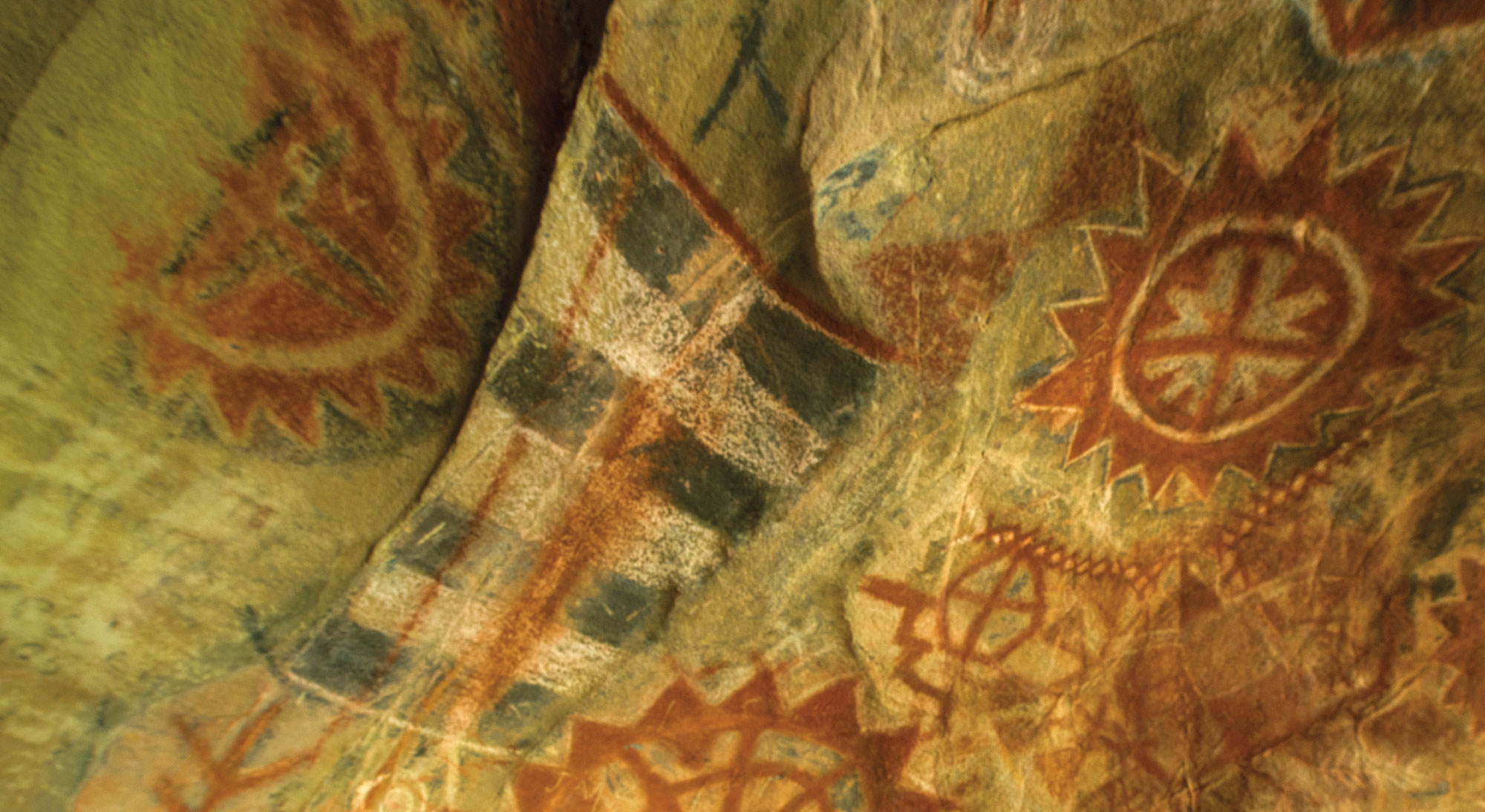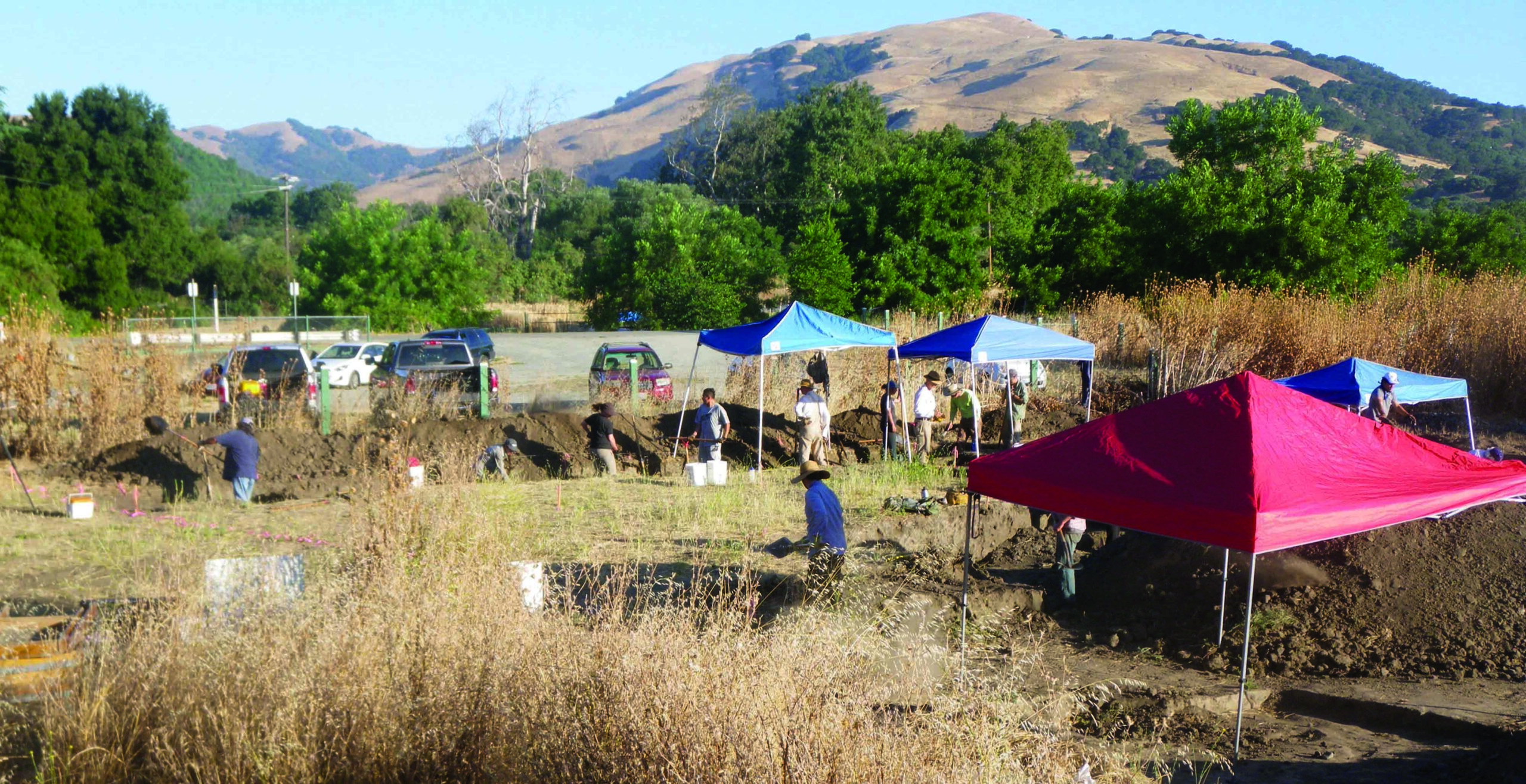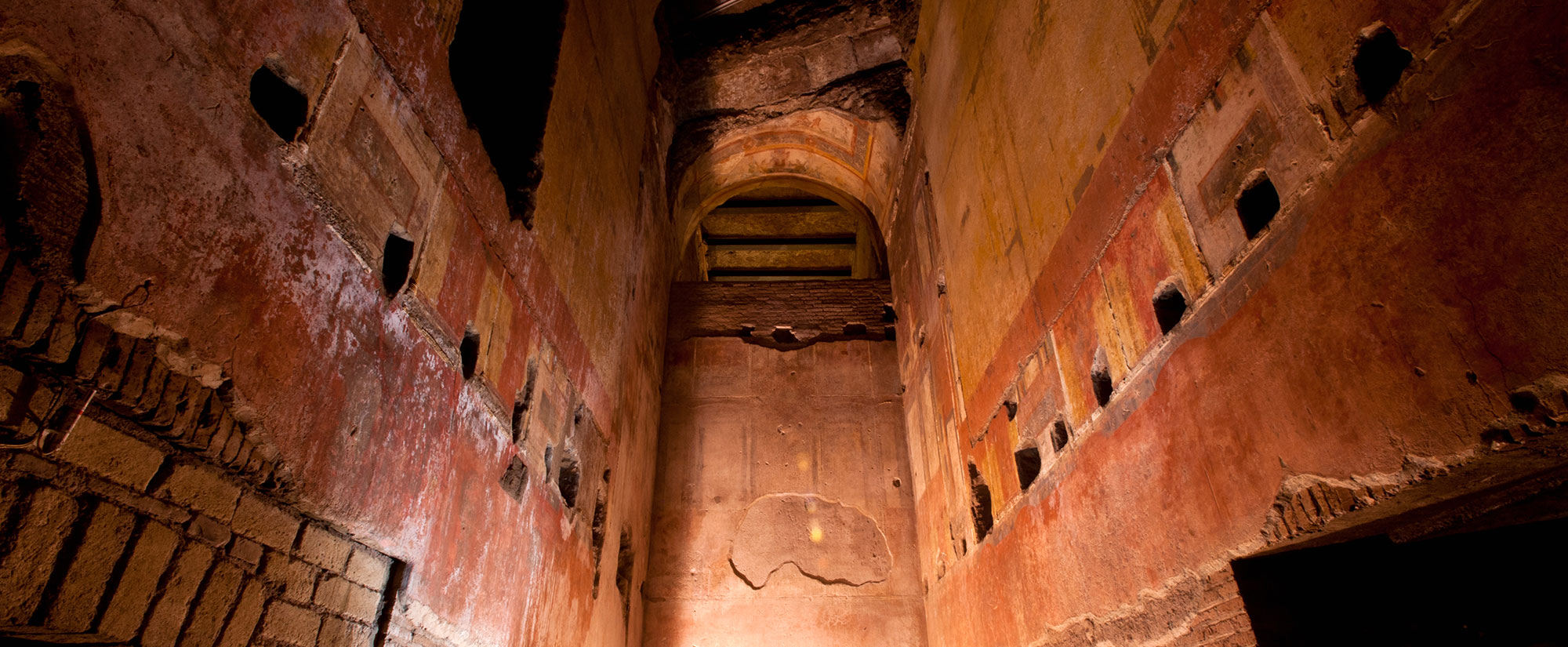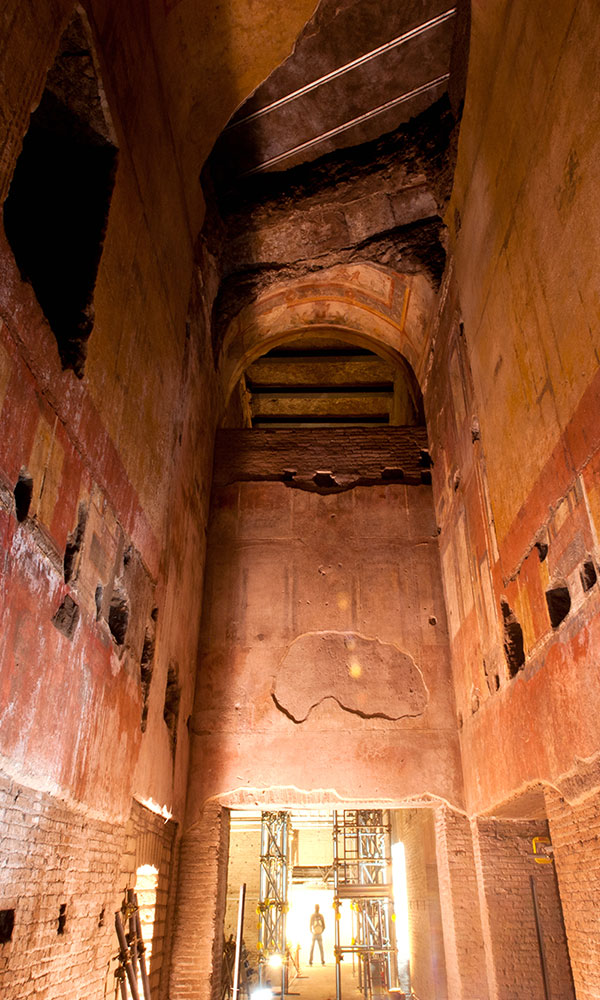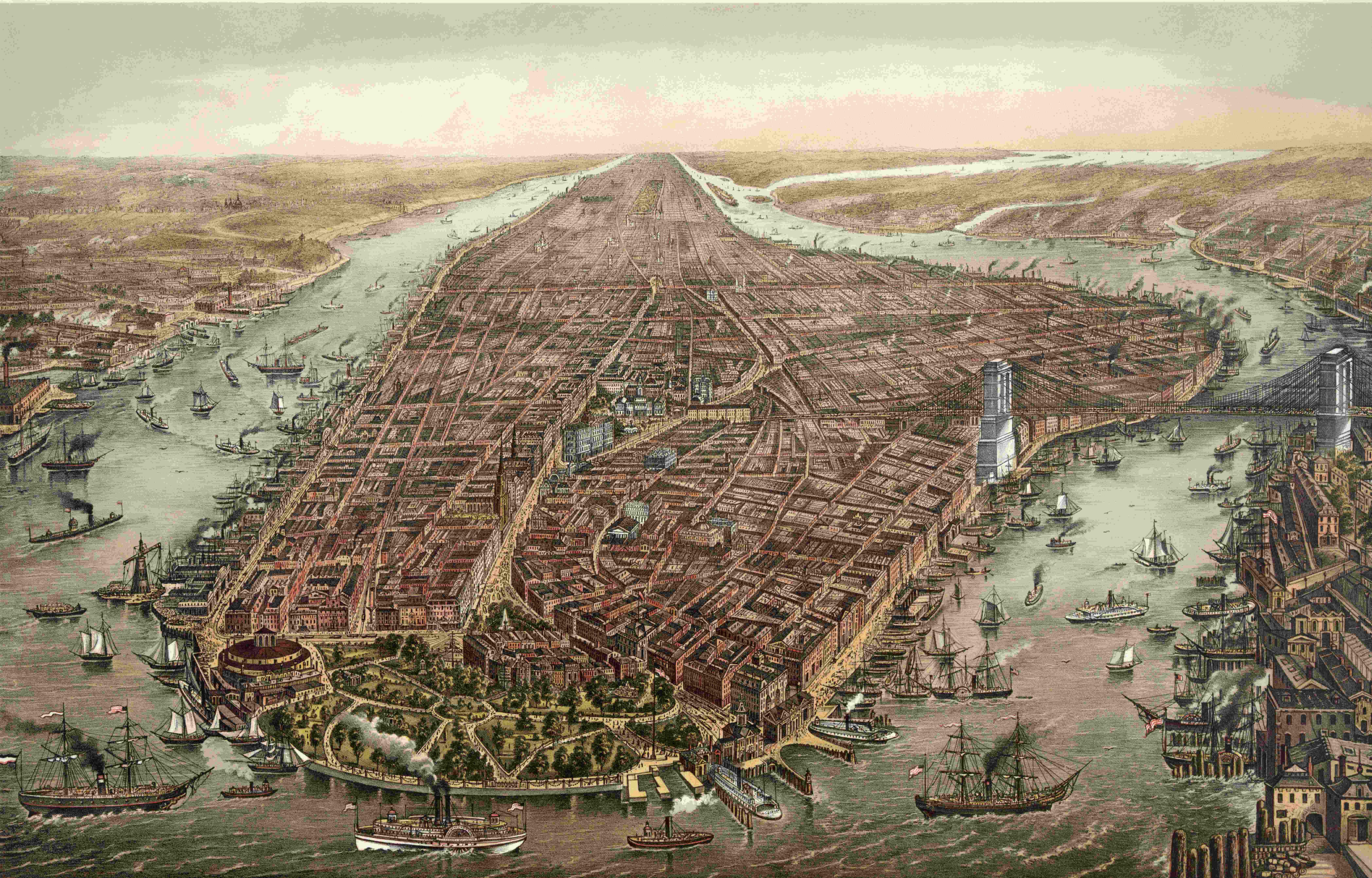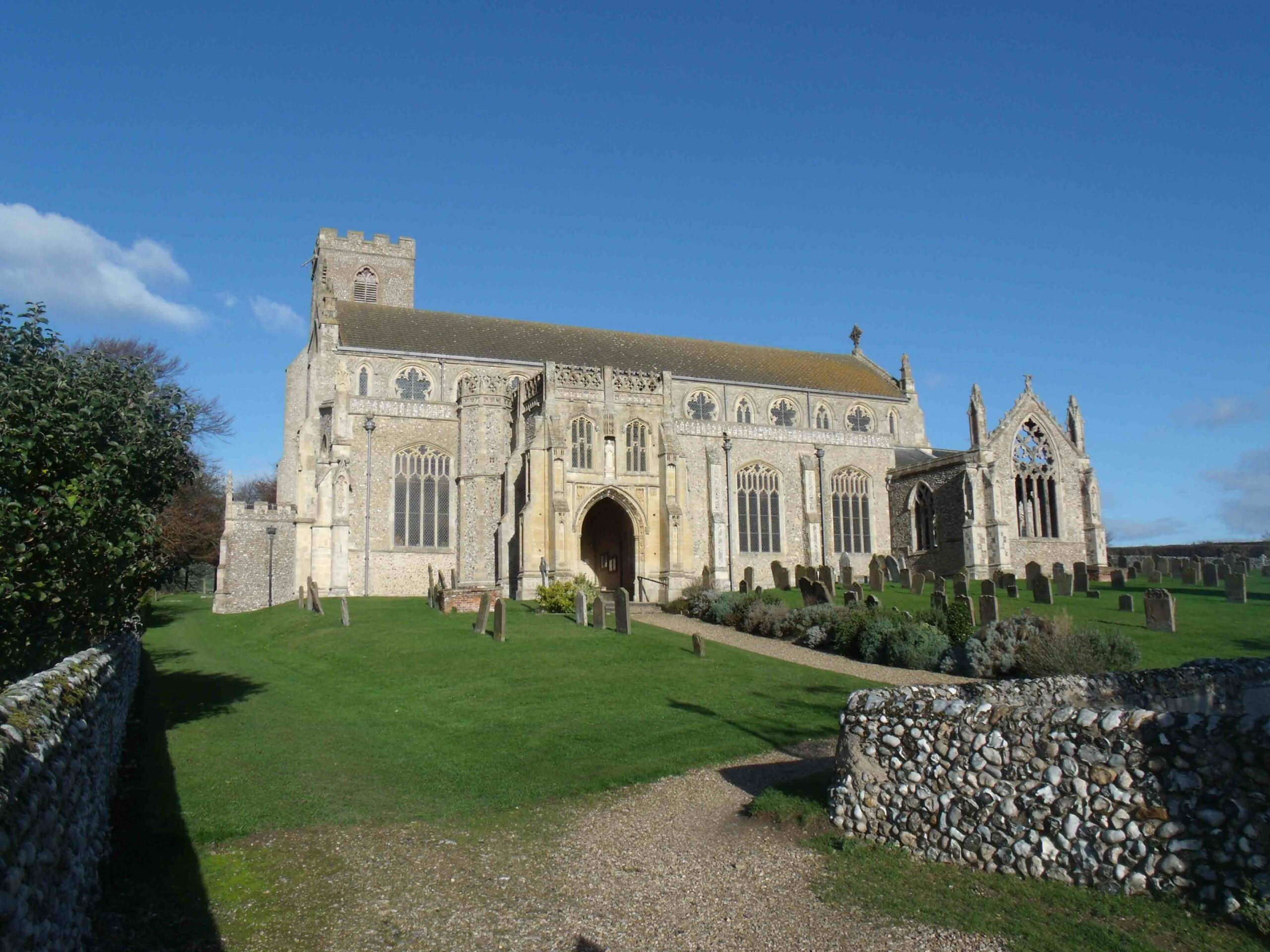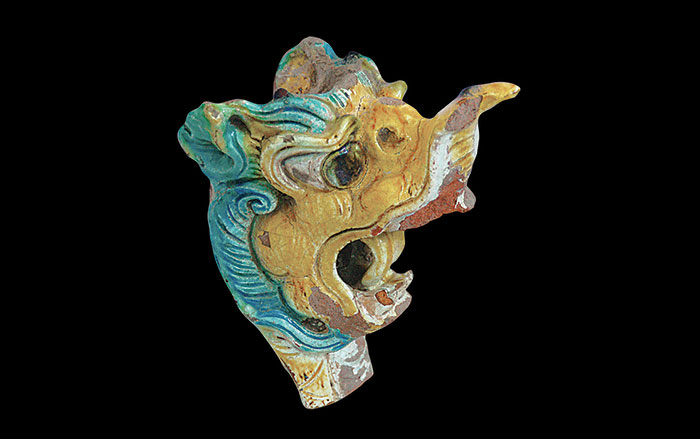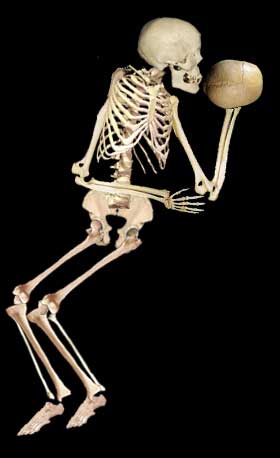
DAVIS, CALIFORNIA—Extra skulls were found buried in eight of the graves at the 3,000-year-old Marsh Creek site in central California, along with seven graves of skeletons missing heads. The skulls may have been moved as a way of honoring ancestors, or reuniting family members after death, according to Jelmer Eerkens of the University of California, Davis. Analysis of the strontium isotopes in all of the bones showed that those people whose heads had been removed grew up in the Marsh Creek area, as had the rest of the burial population. Two of the extra skulls had been transformed into calottes, or smooth bowl shapes made from skull crowns. One of them had even been daubed with red ochre. “The Marsh Creek pattern is inconsistent with warfare as an explanation for the presence of extra skulls and headless burials,” Eerkens told Western Digs. “The data are much more in line with ancestor worship, where sometimes mementos of people were kept and turned into artifacts—bowls, in this case, but we have examples of flutes and whistles [made from human bone] in other cases,” he added. To read about ancestor worship in ancient Scotland, go to "Cladh Hallan."


